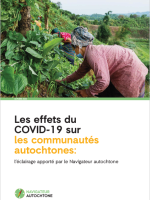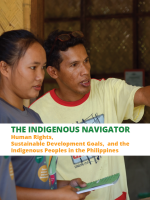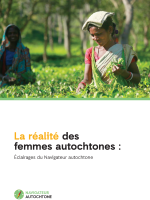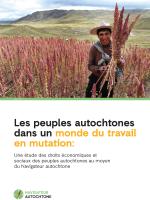Self-determination, territorial autonomy and access to justice: Insights into the situation of Indigenous Peoples in Brazil from the Indigenous Navigator
The purpose of this report is to produce data and insights about the way in which Brazil is applying the international rules included in the International Labour Organization Indigenous and Tribal Peoples Convention, 1989 (No. 169); United Nations Declaration on the Rights of Indigenous Peoples, 2007, as well as other relevant human rights documents. Its main source is the qualitative and quantitative data available on the Indigenous Navigator (IN).
The Indigenous Navigator was created to help different interest groups as well as Indigenous and non-Indigenous communities monitor the realization of Indigenous Peoples’ rights in different all countries. There are 112 questions divided into twelve separate indicators, for instance: (1) self-determination; (2) cultural integrity; (3) land, territories and natural resources; (4) fundamental rights and freedoms; (5) participation in public affairs; (6) legal protection, access to justice and remedy; (7) cross-border contact;(8) freedom of expression and media; (9) economic and social development; (10) education; (11) health; and (12) right to work and equality in employment and occupations.
In this first report, we focus our analysis on the first six indicators and the relevant guiding questions for each of them. It is important to consider that many questions refer to the formal legal status of a certain right, and this will be reflected on the content produced. Since the idea is not to provide a comprehensive analysis of the content of each question, in some cases, the information presented will be more summarized.
While substantial progress has been made in Brazil in the last 20 – 30 years towards the formalization of Indigenous rights and the actual implementation of such rights in different areas, we would like to highlight that the country has a very fragile institutional framework and it is subject to pressure by different interest groups particularly, economic ones. The most evident example of this was the recent Bolsonaro administration, which disregarded rights that were well-established in the public administration. Another aspect to bear in mind is the fact that the composition of Brazil’s current National Congress is mainly conservative and against recognizing Indigenous rights, especially, those rights included and detailed in C-169. This may affect their current set of rights negatively.
In this sense, and in order for the Indigenous Navigator to fulfil its main purpose – to help different interest groups and communities monitor the realization of Indigenous Peoples’ rights in all countries – we suggest adopting a dynamic methodology in order to register each countries’ information. This means adopting a strategy that allows for the continuous update and addition of data and for the analysis of the status and implementation of their rights by the States. The reason why this is needed is because the object of analysis is dynamic by nature.
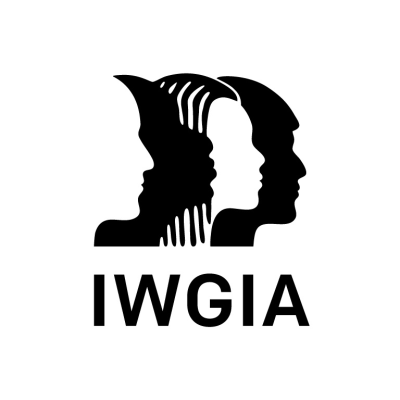
Le Groupe de travail international pour les affaires autochtones (IWGIA)
Contact

